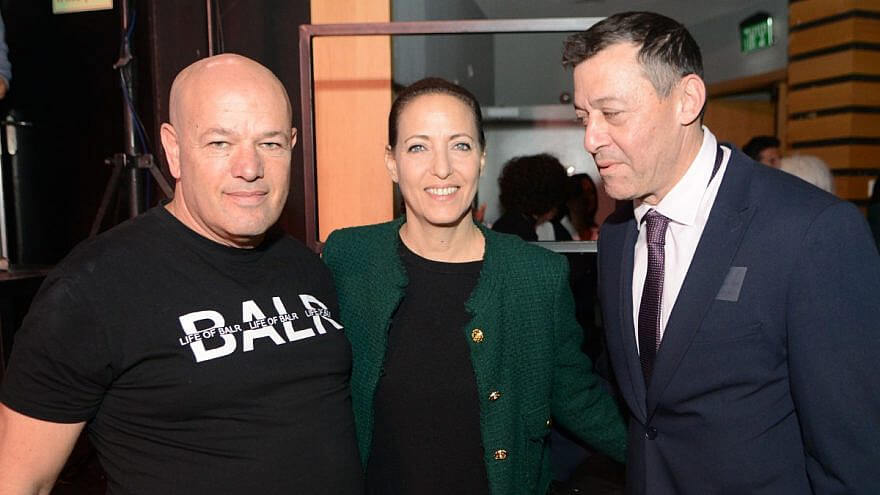Original Article Published On The JNS
For 24-year-old, Minor League pitcher Daniel Federman, the trip via Uber and airplane from the Baltimore Orioles spring training camp in Sarasota, Fla., to Team Israel’s facility in Jupiter three hours east across the state provided much more than just a chance to play baseball in another Florida city. It affords him the opportunity to reconnect with his Jewish roots and with fond memories of his paternal Jewish grandparents.
Federman, who grew up in the backdrop of Chanukah, Passover and Christmas, had two paternal Jewish grandparents and his mother Amy’s father is Jewish.
“My father’s Jewish side was not extremely religious, but holidays were family times. We got together as part of our heritage,” he told JNS.
The family’s Jewish connection “died out” largely when Federman’s grandparents died. “My father wishes he could but didn’t know how to do it, so it’s been a while,” the pitcher said of his father’s connection to Jewish ritual.
Federman’s father was kicked out of Hebrew school, so he opted not to subject his son to it, and Federman did not celebrate his bar mitzvah. His parents let him decide about his own religious affiliation and supported his decisions.
He played baseball and basketball at his local JCC in Davie, Fla., and almost played Maccabiah basketball before baseball took priority.
Federman said that he first learned about Israel’s World Baseball Classic team as a student at the University of Miami. His fellow baseball teammate at the university, Ben Wanger, pushed him to go on Birthright and to live a more Jewish life, and told him about the Israeli team. Federman has not been able to visit Israel yet, as he has been busy with college, the baseball draft and then his signing.
“I spoke to my mother, and she has been dying to go,” he said of an Israel trip. Ironically, they had decided to go before he got involved with Team Israel. He anticipates that they will make the trip after the baseball season.

Federman, No. 99. Credit: Team Israel.
‘Oh man, you are actually doing it!’
Peter Kurz, general manager of the Israeli team, told JNS that Federman is “definitely a pitcher with potential.”
Wanger’s recommendation of Federman to the team is the sort of thing that has been happening more after the team’s success at the last World Baseball Classic and at the 2020 Olympics.
“Many players came to us upon recommendations of others,” said Kurz. “That’s a major source of our players—simply word of mouth and recruitment by ex-players.”
Federman found out on Feb. 7 that Team Israel invited him to join the 30-member roster for the World Baseball Classic. The team’s first game is on March 11.
“It hit me: Oh man, you are actually doing it!” he said.
He has already had a chance to reaffirm his Jewish identity. The day after arriving at the team’s training center, Federman joined teammates to hear the Megillah on Purim.
With the blessing of the Orioles, he will spend two weeks with Team Israel before joining his Baltimore teammates for spring training.
“There are lots of great guys out there, and I am excited to meet them,” he said of his Team Israel colleagues. The teammates had communicated via group chat, which is par for the course in baseball. When Federman joined the Orioles organization, he also didn’t know anyone.
“The good thing about the baseball community is that there are a lot of mutual connections. You will always know guys you grew up with, and we are all there to play baseball,” he said.
He obviously hopes that he will make it to the major leagues someday, but even if he doesn’t, he thinks what he is experiencing with coreligionists is more than enough.
“Millions would trade with me. It will be unbelievable!” he practically gushed, adding that the World Baseball Classic is “the highest level of competition most will play in front of.”




